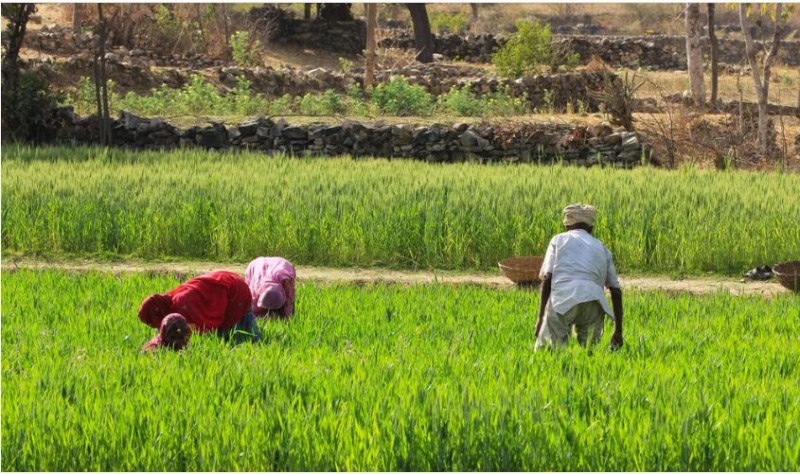
NEW DELHI: The Rajya Sabha was informed on Friday that the government intends to integrate natural farming in the agriculture education curriculum.
Natural farming is being promoted by the government through the Bhartiya Prakritik Krishi Paddhati (BPKP), a sub-scheme of the Paramparagat Krishi Vikas Yojana (PKVY) that was launched in 2020-21 to promote traditional and indigenous techniques, including natural farming.
In a written reply to the Rajya Sabha, Union Minister for Agriculture and Farmers Welfare Narendra Singh Tomar said, "The Indian Council of Agriculture Research (ICAR) has created a committee for developing syllabus and curricula of natural farming at under-graduate and post-graduate level."
Natural farming is a key component of the strategy, which focuses on eliminating all synthetic chemical inputs and promoting on-farm biomass recycling, with a particular emphasis on biomass mulching, cow dung-urine formulations, and other plant-based preparations.
For cluster creation, capacity building and continual handholding by qualified personnel, certification, and residue analysis, BPKP provides financial assistance of Rs 12,200 per ha for three years. Natural farming has covered an area of 4.09 lakh acres so far, with a total sum of Rs 4,980.99 lakh distributed to eight states across the country.
Andhra Pradesh, Chhattisgarh, Kerala, Himachal Pradesh, Jharkhand, Odisha, Madhya Pradesh, and Tamil Nadu are among the states that have benefited, according to Tomar.
Tomar praises boost in allocation for agriculture in budget 2022
Startup ecosystem generated more than 6 lakh jobs to date: President
President says Rs 1 lakh cr sanctioned for 1,000 schemes to boost agriculture